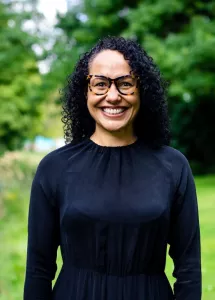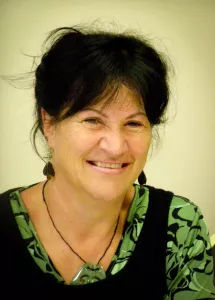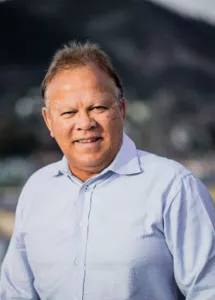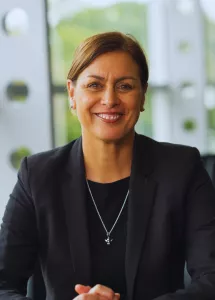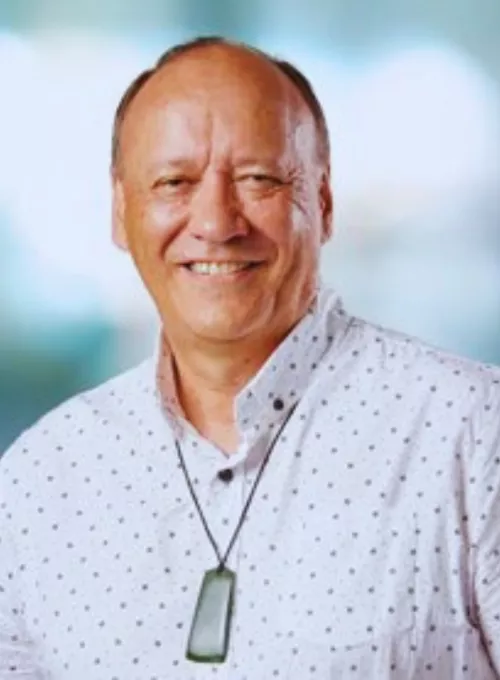
BAgSci, PGDipArts in Māori Studies
Rawiri Blundell is a transformative Māori health leader, researcher, and equity strategist whose mahi is grounded in whānau, whakapapa, and justice. With over 20 years of experience across the health sector, Rawiri has championed Māori-led solutions that prioritise mana motuhake, cultural safety, and system change.
He is currently General Manager Māori and Equity at Pinnacle Health, where he leads initiatives that place Māori voices at the heart of primary care. His leadership journey includes pivotal roles Māori Health Manager Te Awakairangi Health Network and Tu Ora Compass PHO, and Equity Manager for the Midland Cancer Network. Across these roles, Rawiri has driven kaupapa Māori strategies in cancer prevention, diabetes management, LGBTQIA+ health, and whānau-centred workforce development.
Holding a Bachelor of Agricultural Science from Massey University and postgraduate qualifications in Māori Health from the University of Auckland, Rawiri blends technical expertise with mātauranga Māori. He is a board member of Hei Āhuru Mōwai – Māori Cancer Leadership Aotearoa, and a contributor to national research on chronic illness, health literacy, and cultural responsiveness.
As a published researcher and systems advocate, Rawiri is unafraid to challenge institutional racism. His writing and public commentary powerfully reflect lived experience and a commitment to structural reform. Whether shaping policy or supporting whānau through cancer care, he advocates for health equity rooted in tikanga, lived realities, and Māori leadership.
Outside his professional life, Rawiri is a devoted father and whānau man, guided by aroha and intergenerational responsibility. His leadership is a living example of what Māori excellence in hauora looks like anchored in values, driven by purpose, and made real through action.
“Our people are not a problem to be solved. They are the solution. It’s our job to make space for them to lead.”
Links:
Achieving equity Pinnacle Incorporated presentation
It's been a huge journey': Urologist says racist comments have led to change
Rawiri Blundell Pinnacle Incorporated Profile
Research Gate - Rawiri Blundell Profile
Cultural issues in research, a reflection. Article NZMJ 19 February 2010, Vol 123 No 1309; ISSN 1175 8716 Page 97
A Whānau Ora Journey of Māori Men with Chronic Illness: A Te Korowai analysis (Abstract)
Prioritising Māori governance representation in the cancer sector, worldwide. 21 October 2019
Kia Mau te Kahu Whakamauru: Health Literacy in Palliative Care (Report)
Community Research texts
Health service provider responses to indigenous peoples with cancer: An integrative review (Article)
Inequalities between Māori and non-Māori men with prostate cancer in Aotearoa New Zealand (Abstract)
Study calls for health system to recognise Māori men’s needs Thursday, 6 June 2013,
29 May 2025
